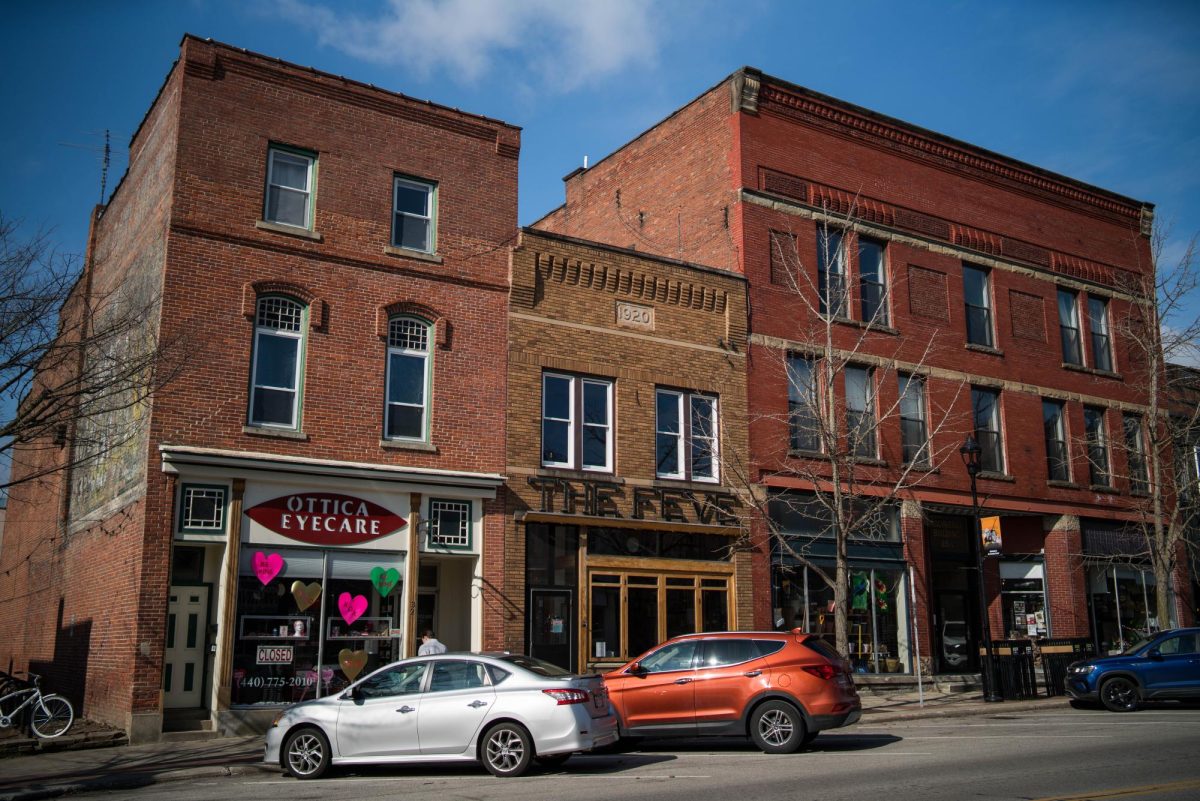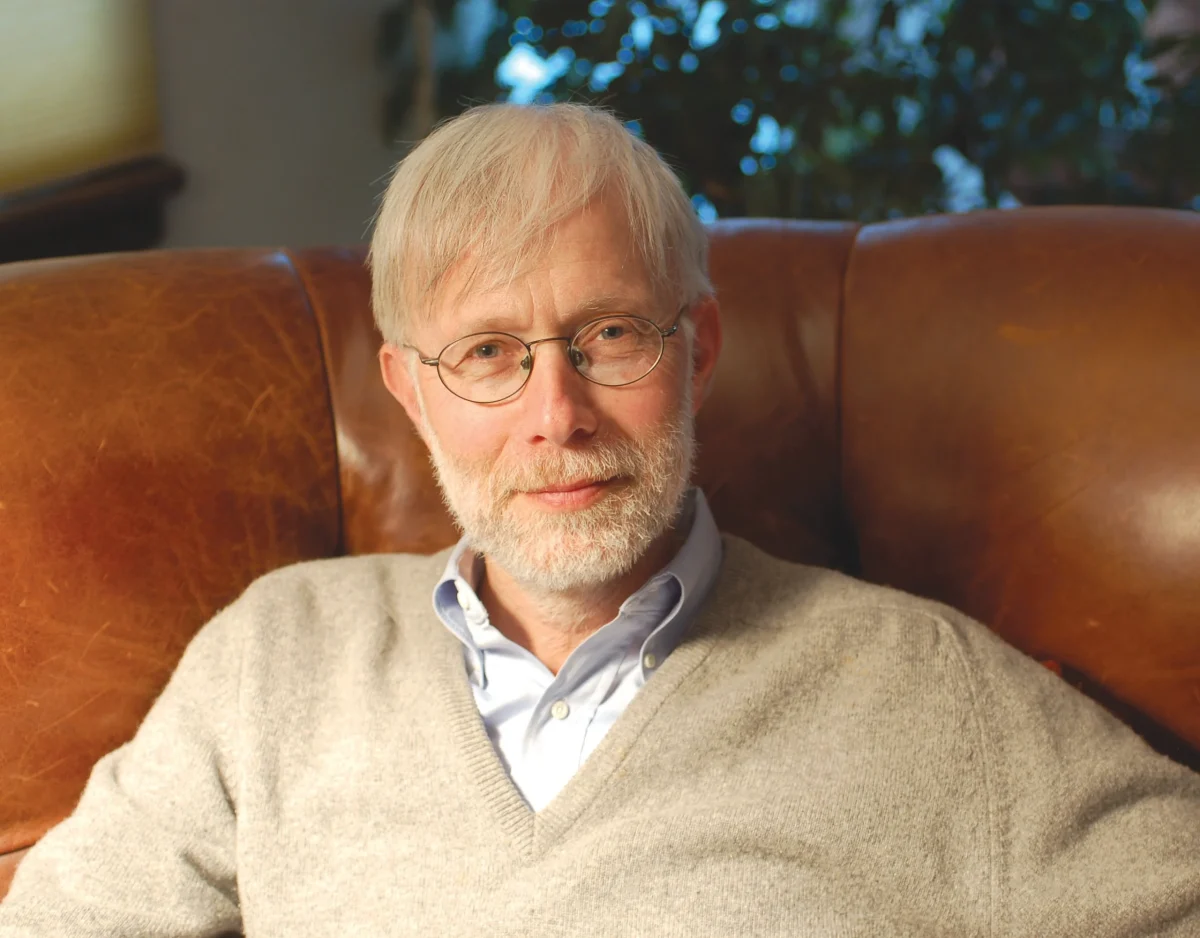New Members Sworn In; Johnson, McFarlin Elected to Leadership
The new City Council was sworn in Jan. 2 at the start of the year’s first regular meeting, including four returning members and three new members: Libni López; Jessa New, OC ’01; and Joe Waltzer, OC ’98. Councilmember Michael McFarlin nominated Councilmember Eboni Johnson, OC ’97, for Council president. Councilmember Kristen Peterson, OC ’72, nominated McFarlin for vice president. Both Johnson and McFarlin were the only candidates nominated for their respective positions and were both elected with unanimous support. The president’s role is to convene and cancel Council meetings, enforce Council rules, and regulate debate. The vice president fills in for the president when they are unable to be present.
Steering Committee, Consultants Present Comprehensive Plan Draft to Council for Approval
Kirby Date of KM Date Community Planning presented a proposed draft for a new Comprehensive Plan at a City Council work session Jan. 16. The Comprehensive Plan provides a guide for development in the City of Oberlin. Date and Arthur Schmidt of OHM Advising drafted the newly proposed plan, working alongside the Comprehensive Plan Steering Committee. The current draft was first released to the public Dec. 8.
The draft is the result of extensive public outreach. In her presentation, Date said that the consultants and the Steering Committee received 555 survey responses and spoke with over 90 residents in focus groups and over 40 at two open houses. The opinions and perspectives of the residents consulted led to the formulation of five objectives: expanding diversity and affordability in housing, continuing and expanding economic development, continuing to provide quality community services, promoting community arts and culture, and improving and expanding communication and collaboration. The draft also includes a future land-use map suggesting zoning changes that will allow greater flexibility and more multi-family homes.
The plan also highlights several priority action steps that the City should take in the next one to three years to help reach the broader objectives. Priority action steps include updating the zoning code to codify the future land-use plan into law, enhancing support for businesses, implementing a social equity plan, updating the City’s current Climate Action Plan, implementing an organized and accessible City website, and having regular meetings with Oberlin College and Oberlin School District personnel. Date said she suggested convening a committee that met regularly to track progress on priority action steps, address new needs, and make new goals as steps were accomplished.
Date particularly stressed the importance of updating the zoning code to align with the future land-use map. She recommended that the city hire a consulting firm that specializes in zoning to create a new map. She said the process should take the same or shorter length of time than the process to create the Comprehensive Plan Draft. The Comprehensive Plan Steering Committee has been meeting since early 2023.
The City Council must give the Comprehensive Plan three readings, per Council Rules. On Monday, they gave the proposed plan its second reading and voted unanimously to approve it. The Council will vote a third time on the Comprehensive Plan at their next meeting Feb. 20.
Council Establishes Social Equity Plan Steering Committee
On Jan. 16, the Council voted unanimously to create the Social Equity Plan Steering Committee, whose mission will be to create a Social Equity Plan for the City. Creating a Social Equity Plan is one of the priority action steps mentioned in the Comprehensive Plan Draft. The Social Equity Plan Steering Committee follows the work of the Social Equity Working Group, which was convened in March 2020 to address disparities in the City. The Social Equity Working Group established 13 subject areas related to social equity and proposed and implemented some measures to promote equity, including creating the position of Equity Coordinator for the City. The Steering Committee will build off of their work to create a plan to address obstacles to equity in Oberlin.
Council Hears Presentation on Renovation of Oberlin Enrichment and Activity Center
On Monday, Todd Smith of EBEB Solutions presented a plan to renovate the Oberlin Enrichment and Activity Center to make it energy-efficient and possibly fossil fuel-free. OEAC is located in what was previously Prospect Elementary School, which closed in 2021. OEAC is used for activity programming, particularly for local children and seniors, and is home to several City offices.
According to Smith’s assessment, the OEAC’s roof is leaking and needs to be replaced, along with the building’s water heaters. Linda Arbogast said at the meeting that the City wants to combine these much-needed repairs with its climate action goals. The City’s Climate Action Plan has a goal of making all City buildings free of fossil fuels by 2025.
Smith gave an estimate of $5 million for the total cost of the renovation and environmental improvements. He suggested improving the building’s energy efficiency by adding insulation, installing LED lights, and replacing single-pane windows before adding renewable energy. The HVAC system and hot water system would also have to be replaced with alternatives that do not use natural gas. The final step would be to add solar panels on the roof.
Smith said that several tax incentives could help lower the cost, and low-interest financing was available through the Energy Revolving Loan Fund and PACE financing. Council members agreed they needed more time to consider the renovation and discussed Smith returning to a future session to answer more questions.
City Joins Smart Thermostat Program to Reduce Energy Costs
The Council voted unanimously to join the Smart Thermostat Program which seeks to lower transmission and capacity costs by curbing electrical use during peak energy use times. The program is provided through American Municipal Power, Inc., a nonprofit corporation that sells wholesale power to its members, including Oberlin Municipal Light and Power System.
The program will host voluntary events over the summer where participating residents will receive notifications asking them to adjust the temperature on their thermostat by up to four degrees, usually for no more than four hours. Adam Ward of AMP, who presented the program to Council, said it was “double voluntary” and residents who enrolled for the program were not required to participate in the events. In order to enroll, residents must have a Smart Thermostat, which can be purchased for a discounted price through Oberlin’s Efficiency Smart store with a $100 rebate.
Ward said that transmission and capacity rates were expected to rise 16 percent between 2022 and 2026, and lowering energy use on peaking days was the best way to limit costs. He said that, through the program, the City of Oberlin will experience a net savings of $43 per thermostat per year.






